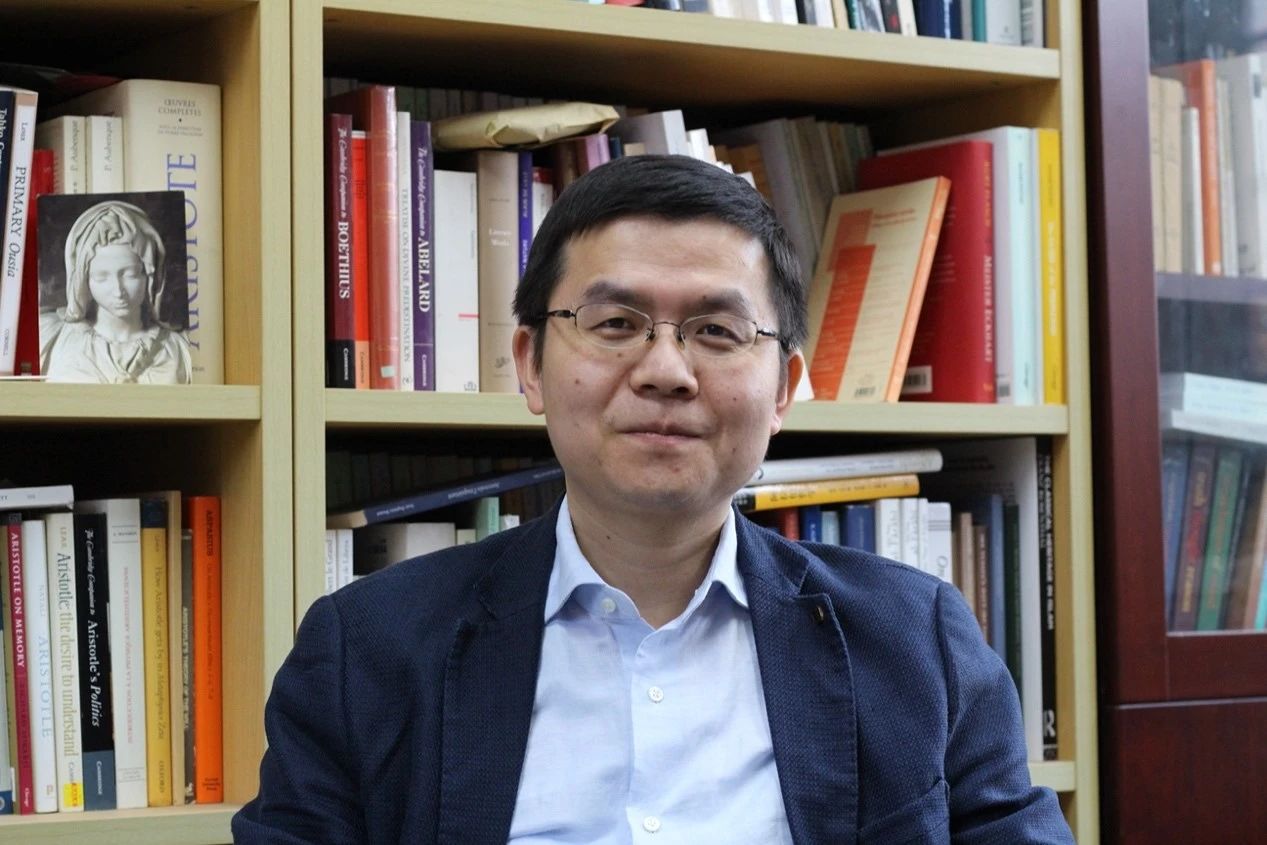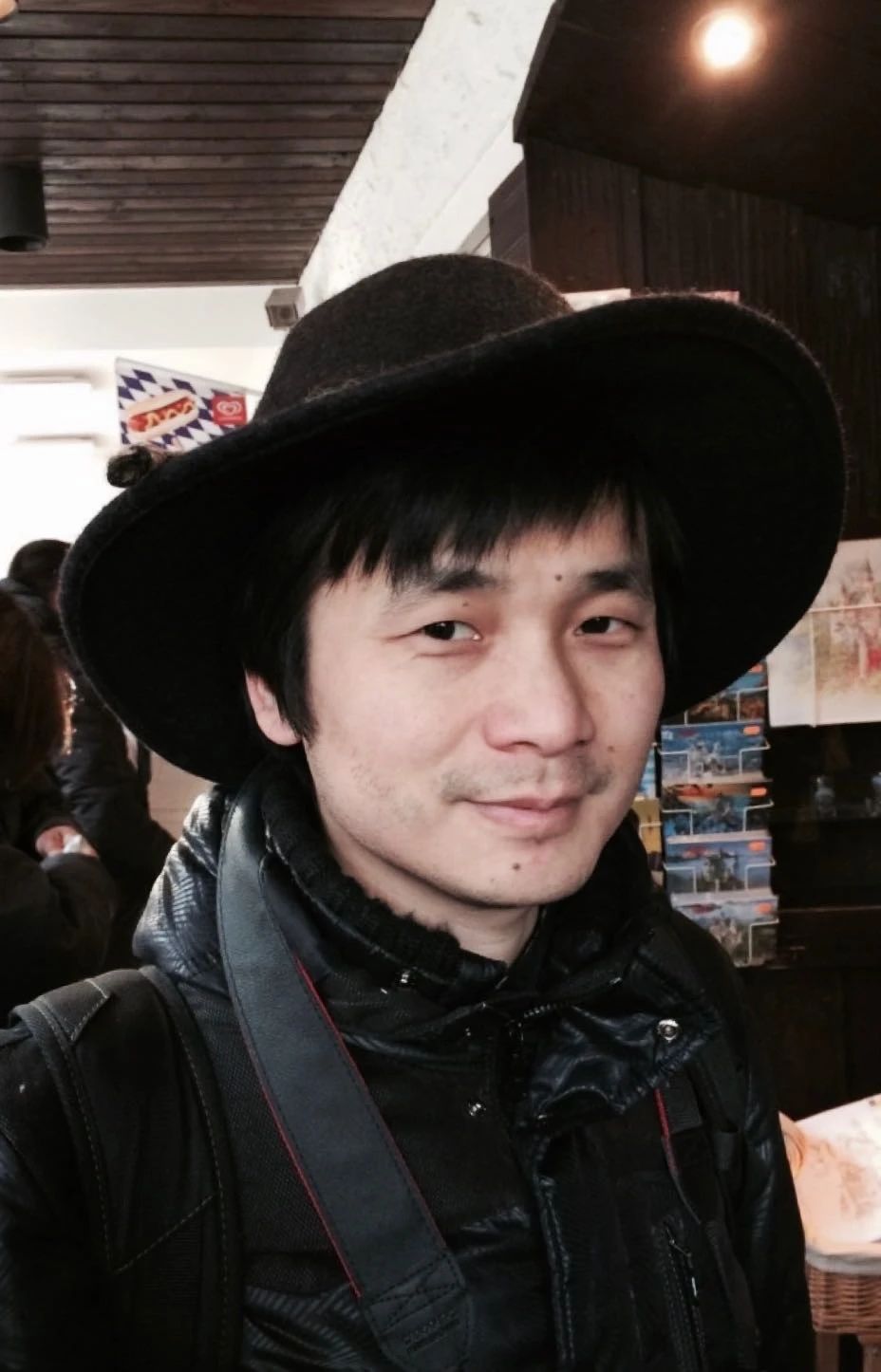
Topic:
Alexander of Aphrodisias on judgment and moral responsibility: A moral psychological basis for reconsidering the problem of free will in ancient philosophy
Abstract
Alexander of Aphrodisias was one of the most influential philosophers of late antiquity, active in the late 2nd and early 3rd centuries AD. His interpretations of Aristotle deeply influenced many philosophical traditions in late antiquity, the Middle Ages, and the Renaissance. However, he was unjustly forgotten for a long time after the modern era began.
In the last 50 years, there has been a revival of international scholarship on Alexander, which has not only restored his elevated status in the tradition of Aristotelian interpretation but has also provided new insights into his original philosophical contributions. Among these, his critiques of determinism in works like On Fate have garnered unprecedented attention in the historical debates about when the questions of will and free will arose. Relevant research has primarily focused on the metaphysical disputes regarding whether events dependent on us (ἐφ᾽ ἡμῖν) still exist in a deterministic framework. Alexander emphasized that our actions and their consequences are dependent on us only when we, as rational agents, have the capacity to act against the course of action that has been determined. In such cases, we are morally responsible for our actions. Therefore, practices related to moral responsibility require our actions or our choices to not be causally determined by external factors.
However, many scholars, such as P. Donini, R. Sharples, and M. Frede, argue that Alexander fails to provide a convincing answer to how this rational capacity to choose freely among different, or even opposing, courses of action is possible in moral psychology. He especially fails to explain how this indeterminacy of free choice can be reconciled with the Aristotelian tradition, which emphasizes rational deliberation (βουλεύεσθαι) with definite ends and virtues that serve as stable dispositions to act. Furthermore, his responses in different contexts seem inconsistent. Recent studies on Alexander’s moral psychology have responded to these criticisms but have not adequately considered the importance of the concept of judgment (κρίσις). This lecture plans to address this issue by clarifying the relationship between judgment, deliberation, and choice in Alexander’s moral psychology. It also aims to illustrate the difficulties that ancient non-determinists faced in explaining the reasons and intelligibility of free choice and the possible strategies to address them.
Introduction to the main speaker

Wu Tianyue is an associate professor at the Department of Philosophy at Peking University, the director of the Section of Foreign Philosophy, and the deputy director of the Center for Western Classical Studies. His current areas of research are Aquinas’s philosophical anthropology, and free will and moral responsibility in ancient and medieval philosophy. His articles have appeared in journals such as Augustiniana, Recherches de Théologie et Philosophie Médiévales, Res Philosophica, Review of Metaphysics, Oxford Studies in Medieval Philosophy, and Thomist.
Introduction to the interlocutors

Cheng Wei is an associate professor at the Department of Philosophy at Peking University. He holds a PhD in Philosophy from the Humboldt University of Berlin. He also dabbles in the contemporary philosophy of mind, ancient Greek medical history and classical academic history. His articles have been published in journals such as Phronesis, Journal of the History of Philosophy, Archiv für Geschichte der Philosophie and Classical Quarterly.

Zhao Yue holds a PhD in Philosophy from Peking University. He is currently a lecturer at the School of Philosophy and Sociology at Lanzhou University. He specializes in Aristotle and late ancient philosophy.
Time
6 pm-8 pm, September 24 (Sunday)
Host
Nie Minli (School of Philosophy, Renmin University of China)
Main speaker
Wu Tianyue (Department of Philosophy, Peking University)
Interlocutors
Cheng Wei (Department of Philosophy, Peking University)
Zhao Yue (School of Philosophy and Sociology, Lanzhou University)
Organizer:
School of Philosophy, Renmin University of China
Co-organizer:
Chinese Social Sciences Net



